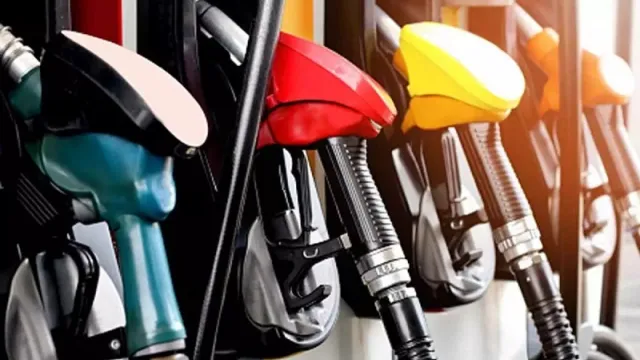Kenya pump prices jump to historic high as Ruto scales back on fuel subsidy

Kenya pump prices jump to historic high as Ruto scales back on fuel subsidy
Motorists and consumers are set to shoulder high cost of fuel in Kenya following the latest review of pump prices with petrol shooting up by Kes20 to retail at Kes179.30 per litre in the capital Nairobi.
The surge in prices has largely been informed by the government’s move to scale back fuel subsidies leaving diesel and kerosene prices at an all-time high despite the partial retention of cushioning on the two products. The two products will cost Kes165 and Kes147.94 respectively starting Thursday until mid-October.
“Although the subsidy for super petrol has been removed, a subsidy of Kes20.82 per litre and Kes26.25 per litre has been retained for diesel and kerosene respectively in order to cushion consumers from the otherwise high prices,” the Energy and Petroleum Regulatory Authority said while releasing new pump prices.
In his inauguration speech soon after he was sworn in on Tuesday, President William Ruto offered to phase out the long-running fuel subsidy, in line with cost-cutting measures championed by the International Monetary Fund (IMF).
In what set the stage for an era of sky-high prices at the pump for motorists, Dr Ruto observed that the subsidy was sapping huge amounts of taxpayers’ money, making it untenable for the government to continue running the scheme.
"On fuel subsidy alone, the taxpayers have spent a total of Kes144 billion, a whopping Kes60 billion in the last four months. If the subsidy continues to the end of the financial year, it will cost the taxpayer Kes280 billion, equivalent to the entire national government development budget," he said.
Read also: Rising food, fuel prices push inflation to 8.5 percent in August
President Uhuru Kenyatta’s administration started a fuel subsidy program in April, last year, to cushion consumers from high global crude prices, splurging Kes16.7 billion on the program in July and Kes24 billion in August, this year.
At the time of approving a $244 million emergency loan facility to the country in July, the IMF issued a slew of stringent loan conditions for the state requiring the government to roll back all sorts of subsidy programs by October this year, meaning the fuel subsidy had a severely limited lifespan if the government stuck to its pledge.
Dr Ruto expressed his aversion to subsidies in general terming them ineffective and prone to mismanagement, especially in light of the botched maize subsidy which had little tangible effect in terms of tempering the price of maize flour, a staple food in Kenya.
“There was an attempt to subsidize unga (maize flour) in the run-up to the election, a programme that gobbled up Sh7 billion in one month, with no impact," noted the President.



